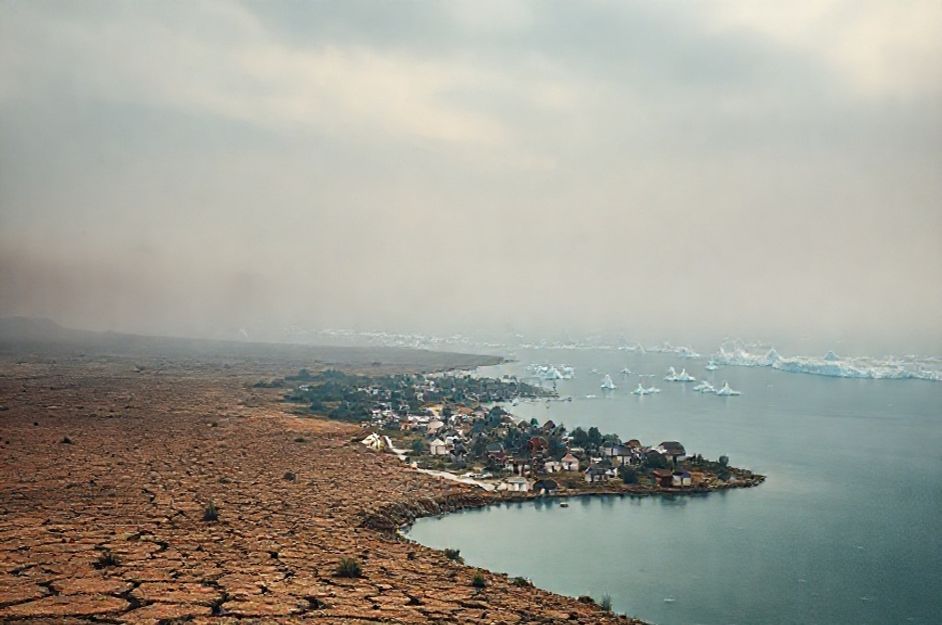The scientific consensus is clear: our planet is warming due to greenhouse gas emissions, primarily from burning fossil fuels. The debate is over. While a small group of skeptics remains, the overwhelming evidence points to significant climate change impacts occurring worldwide.
Even in regions like Britain, the signs are evident. Trees are budding earlier, and the growing season has extended, with winters becoming milder and snow less frequent. In Oxford, where I live, snow has become a rarity. This warming trend is accelerating rapidly.
Across the globe, the consequences are even more dramatic. Research reveals climate-driven changes on every continent, displacing millions and endangering lives. In Shishmaref, Alaska, an Eskimo village faces imminent relocation as thawing permafrost erodes the coastline. The sea freezes later, making hunting seals and walruses, a vital part of their diet, increasingly difficult. The community lives in fear of powerful storms that are claiming more and more of their land.
In Fairbanks, Alaska, the effects of warming are disrupting daily life. Hunters report unusual animal behavior, and infrastructure is failing as the permafrost melts. Roads buckle, houses tilt, and entire buildings are being abandoned.
China is experiencing severe droughts. Entire lakes have dried up, and sand dunes are encroaching on farmland. Villages are being deserted, and dust storms are becoming more frequent, even reaching Beijing. Overgrazing exacerbates the problem, turning grasslands into arid deserts.
Glaciers are shrinking worldwide, threatening water supplies. In Peru, the melting glaciers in the Andes endanger the water supply for Lima, a city of seven million. Similarly, in the Indian subcontinent, millions depend on rivers fed by Himalayan glaciers, which are also receding. The potential for water shortages and environmental refugees is immense.
Island nations like Tuvalu are already experiencing the effects of rising sea levels. Homes are flooded, crops are dying from saltwater intrusion, and entire islets are disappearing. Evacuation plans are underway, as these communities face the reality of becoming environmental refugees.
These are just the first signs of a much larger crisis. Scientists predict further warming, potentially leading to catastrophic consequences. The worst-case scenarios could trigger mass extinctions, as happened in Earth’s past. To avoid such a fate, we must drastically reduce greenhouse gas emissions.
Implementing the Kyoto Protocol and exploring models like “contraction and convergence” are crucial steps. Campaigning groups are advocating for an end to new fossil fuel exploration. Avoiding climate change requires a fundamental shift in our societal priorities. We must move away from an oil-based economy and embrace sustainable solutions to safeguard the future of our planet.
